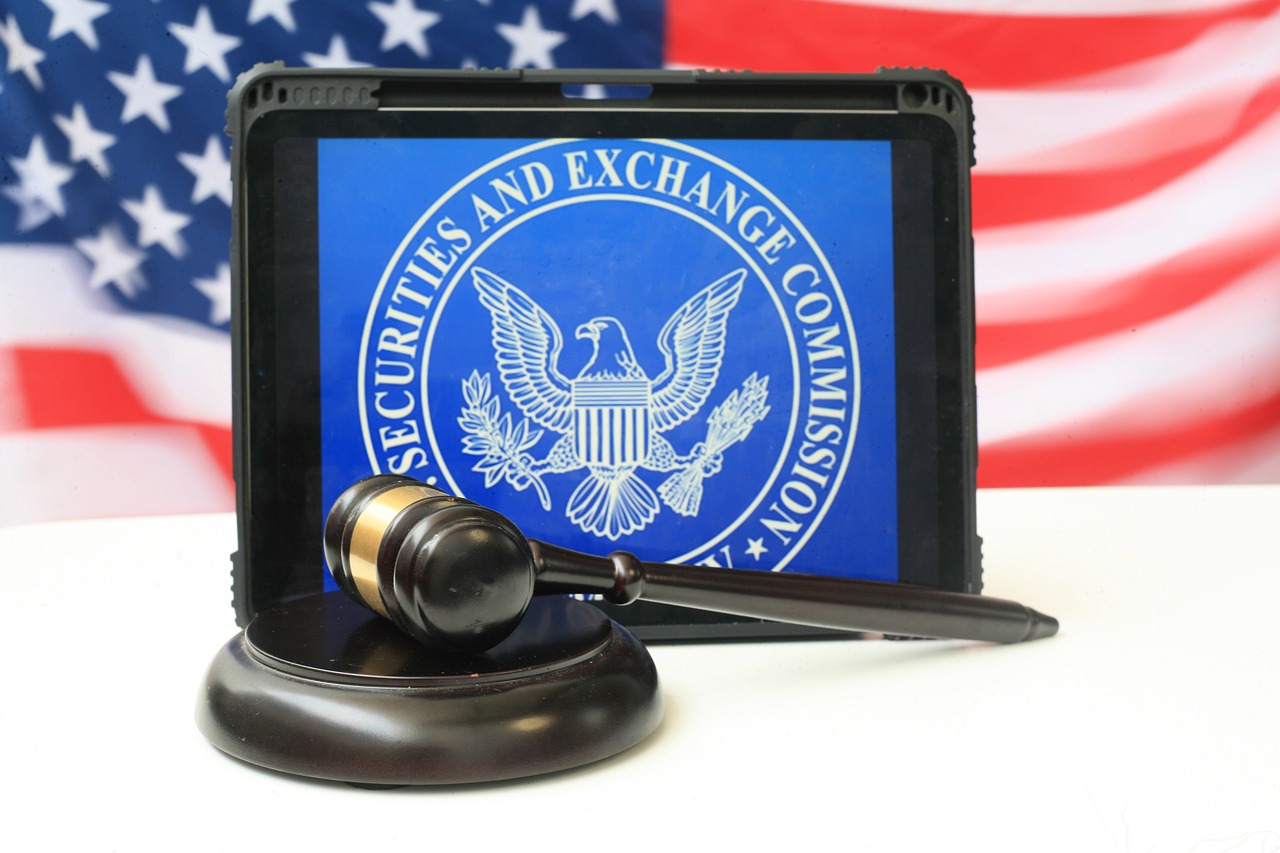SCOTUS Rules on Estate Tax Dispute Over Life Insurance Proceeds and Buy-Sell Agreements
- Insights & News
- June 26, 2024
SCOTUS Rules on Estate Tax Dispute Over Life Insurance Proceeds and Buy-Sell Agreements
Michael and Thomas Connelly were brothers who co-owned Crown C Supply, Inc., a building supply corporation. Michael held a significant majority of the company with 77.18% of the shares, while Thomas owned the remaining 22.82%. To protect the future of their business and ensure it remained in the family, they crafted a specific agreement.
This agreement was a legally binding arrangement known as a buy-sell agreement. It outlined that if either brother passed away, the other would have the first option to buy the deceased brother’s shares. If the surviving brother chose not to buy these shares, then the company was required to purchase them. This clause was crucial to prevent the shares from being sold outside the family or to other investors, maintaining control within the existing ownership.
To financially support this agreement, the brothers took out life insurance policies on each other, with the company as the beneficiary. Each brother was insured for $3.5 million. The idea was that the payout from the life insurance would provide the necessary funds for the company to buy back the deceased brother’s shares without impacting the company’s operating capital.
Event Triggering the Dispute
When Michael Connelly passed away, the agreement he had with his brother Thomas came into play. Thomas, who also acted as the executor of Michael’s estate, chose not to buy Michael’s shares in Crown C Supply. As per their earlier agreement, the company then had to buy back those shares. To do this, Crown C Supply used the $3.5 million from the life insurance policy it had on Michael, which was specifically set aside for such a purpose.
Thomas then had to deal with the tax implications of Michael’s death and the transfer of his shares. He filed a tax return for Michael’s estate, where he valued the shares that were bought back by the company at $3 million. This valuation was agreed upon amicably between Thomas and Michael’s son, avoiding an external valuation, which was originally envisaged in their agreement.
IRS Disagreement
When the IRS audited the tax return filed by Thomas, they challenged the $3 million valuation he reported for Michael’s shares in Crown C Supply. The IRS’s position was based on the belief that the entire value of the company should be considered when determining the value of Michael’s shares. This included the life insurance money, which was received upon Michael’s death and used by the company to purchase his shares.
The IRS calculated that with the additional $3 million from the life insurance proceeds added to the company’s assets, the total valuation of Crown C Supply amounted to $6.86 million. Based on this total company valuation, the IRS recalculated the value of Michael’s 77.18% shareholding and concluded it was worth approximately $5.3 million, significantly higher than the $3 million Thomas had declared.
This difference in valuation had a direct impact on the estate tax bill. The higher share valuation increased the taxable estate, resulting in a higher estate tax liability. Thomas disputed this higher valuation, leading to a legal battle over the correct interpretation of tax laws relating to estate valuation.
The central legal issue revolved around how to correctly apply the tax regulations governing the valuation of a decedent’s property. According to IRS regulations and established case law, the fair market value of an asset is generally considered to be the price at which the property would change hands between a willing buyer and a willing seller, neither being under any compulsion to buy or sell and both having reasonable knowledge of relevant facts (26 CFR §20.2031–1(b)).
The IRS argued that a hypothetical buyer of the shares would consider all assets of the company, including the life insurance proceeds, thus increasing the fair market value of Michael’s shares at the time of his death.
Buy-Sell Agreement
In the Connelly brothers’ case, the buy-sell agreement stipulated that if one brother died, the surviving brother would have the first option to purchase the deceased’s shares. If the surviving brother chose not to exercise this option, then the company itself was obligated to buy back the shares. This setup ensures that the shares remain within the control of people already involved in the business—either the surviving brother or the company itself—thus preventing external parties or unwanted partners from gaining a stake.
Legally, such agreements are significant because they pre-define the handling of shares, greatly reducing potential disputes among heirs or other stakeholders. They also help in succession planning by clarifying the process and valuation methods for transferring shares, which can be particularly critical in ensuring the continuity of the business.
In implementing a buy-sell agreement, various legal considerations must be managed, such as determining the fair market value of the shares at the time of the shareholder’s death and ensuring that the terms of the agreement comply with relevant business laws. The agreement typically specifies a methodology for valuing the shares, which might involve an appraisal by an independent third party, or a pre-agreed formula or process.
In the context of the Connelly case, when Michael died, the value of his shares as determined according to the agreement (or through negotiation between Thomas and Michael’s son) was directly contested by the IRS. The IRS’s challenge highlighted that while buy-sell agreements can plan for the transfer of shares, the valuation still needs to align with tax laws, specifically the regulations that define fair market value for tax purposes. The IRS scrutinizes these valuations to ensure they reflect realistic market conditions and aren’t just favorable estimations designed to minimize tax liabilities.
Courts Decisions
The courts, including both the District Court and the Appeals Court, sided with the IRS’s interpretation of the tax laws.
The courts determined that the life insurance proceeds received by the company upon Michael’s death should be included in the company’s overall valuation. This inclusion is critical because those proceeds, even though they were earmarked for buying back Michael’s shares, were considered an asset of the company at the moment of Michael’s death.
The courts interpreted the regulations (specifically 26 CFR §20.2031-1(b)) to mean that any asset that enhances the value of the company should be included in its valuation, regardless of its designated use post-death.
Furthermore, the courts pointed out that the contractual obligation to use the insurance proceeds to buy back shares does not diminish the fact that at the time of Michael’s death, those funds increased the overall value of the company. Essentially, a hypothetical buyer of the company would consider all assets, including the life insurance proceeds, when determining how much to pay for the company or its shares.
The U.S. Supreme Court in Connelly v. United States, 602 U.S. (2024) affirmed the decision of the lower courts, agreeing with the IRS that the life insurance proceeds should be included in the valuation of Crown C Supply. The Supreme Court held that the corporation’s contractual obligation to redeem shares did not reduce the company’s value for purposes of federal estate tax. They concluded that a fair-market-value redemption of shares does not affect any shareholder’s economic interest and should not be treated as a liability that decreases the company’s value.
The Court further explained that life insurance proceeds, even if earmarked for redeeming shares, are an asset of the corporation at the time of the shareholder’s death and increase the company’s fair market value. As such, these proceeds should be considered in the estate’s valuation for tax purposes.

Corporate Restructuring, Business Succession Planning & Estate Tax Planning and Compliance
- Our law firm provides expert legal guidance for businesses aiming to restructure their corporate operations. If you are considering reorganizing your business structure, we can assist in navigating the complex terrain of legal and tax implications and regulatory compliance. Our focus includes optimizing shareholder agreements and managing redemption obligations to align with your business's strategic goals.
- We offer specialized services in business succession planning. If you are planning for the future of your business, we can help by drafting, reviewing, and implementing buy-sell agreements that ensure smooth transitions. Our approach is designed to keep transfers seamless and in harmony with your long-term objectives, all while addressing relevant implications and ensuring the continuity of your business.
- Our attorneys provide comprehensive legal advice on estate planning to ensure that you meet all regulatory requirements and optimize your estate liabilities. If you are looking to prepare for the future, we can assist with everything from drafting and reviewing estate plans to preparing returns and estimating tax impacts.














